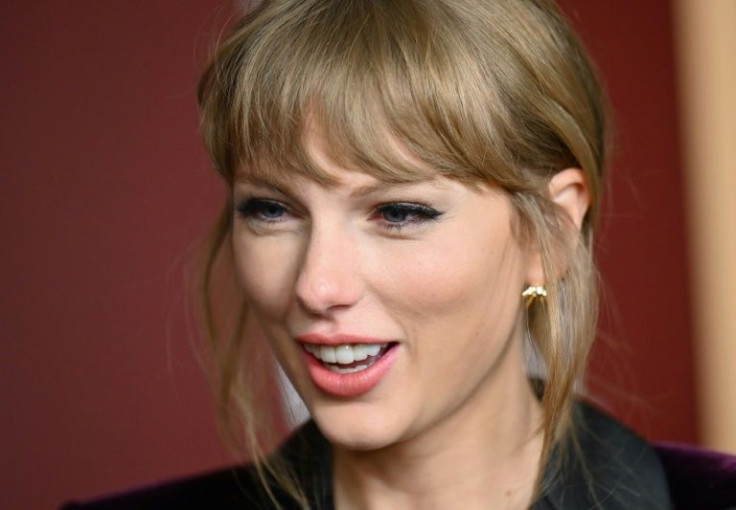Taylor Swift Asks Judge To Dismiss 'Shake It Off' Copyright Lawsuit
KEY POINTS
- Taylor Swift was sued by Sean Hall and Nathan Butler, who accused her of ripping off the lyrics of their song "Playas Gon' Play"
- A judge denied Swift's motion for summary judgment and allowed the case to proceed to jury trial
- Swift filed a new motion asking the judge to reconsider his recent decision in refusing to dismiss the lawsuit
Taylor Swift has asked a federal judge to call off a planned jury trial in a copyright infringement lawsuit over her single "Shake It Off," calling the judge's recent ruling against her "unprecedented."
Swift's legal team filed a petition requesting that Judge Michael Fitzgerald of the District Court for the Central District of California reconsider his decision in refusing to dismiss the lawsuit against the 32-year-old singer earlier this month, Page Six reported.
Swift was sued in 2017 by Sean Hall and Nathan Butler, who accused her of ripping off the lyrics of the 2001 song they wrote for the group 3LW, "Playas Gon' Play."
Hall and Butler's song featured the phrases, "playas, they gonna play" and "haters, they gonna hate," while Swift's "Shake It Off" included the lyrics, "'Cause the players gonna play, play, play, play, play and the haters gonna hate, hate, hate, hate, hate."
On Dec. 9, Fitzgerald denied Swift's motion for summary judgment and allowed the case to proceed, ruling that there is a "genuine dispute as to the potential substantial similarity between the lyrics and their sequential structure."
In a motion filed Dec. 23, however, Swift's lawyer Peter Anderson argued that the lyrics are "unprotected" and in the public domain.
"Plaintiffs could sue everyone who writes, sings, or publicly says 'players gonna play' and 'haters gonna hate,'" Anderson wrote.
"To permit that is unprecedented and cheats the public domain," he added.
Swift's lawyer also argued in the court docs that the judge overlooked copyright law's extrinsic test — where judges filter the material that isn’t covered by copyrights. The "All Too Well" singer's attorney insisted that the lyrics the plaintiff was complaining about were "two short public domain statements" and did not satisfy the extrinsic test.
Her attorneys also referred to a ruling that dismissed a case against English rock band Led Zeppelin over the beginning of "Stairway to Heaven."
"It is essential to distinguish between the protected and unprotected material in a plaintiff’s work," the document stated. "Doing so here leaves only this similarity: both works use versions of two short public domain phrases — 'players gonna play' and 'haters gonna hate' — that are free for everyone to use, and two other but different tautologies that plaintiffs claim share the same underlying general idea or concept."
Hall and Butler's attorney released a statement on Swift's appeal, calling the move "groundless."
"All it asks is for the court to reverse itself because Swift is unhappy with the ruling," Marina Bogorad of the firm Gerard Fox Law said in a statement to Page Six. "All it asks is for the Court to reverse itself because Swift is unhappy with the ruling. She raised these arguments before, and they were rejected."
She continued, "The precedent is clear that such motions are routinely denied because the rules are not designed to give an unhappy litigant one additional chance to sway the judge. We are confident the Court will adhere to this precedent here."
Swift's lawyer has not responded to Page Six when asked for further comment.
If Swift's petition is denied, the only way it won't go to trial is if the singer reaches a financial agreement with Hall and Butler and settles the lawsuit out of court.

© Copyright IBTimes 2024. All rights reserved.






















